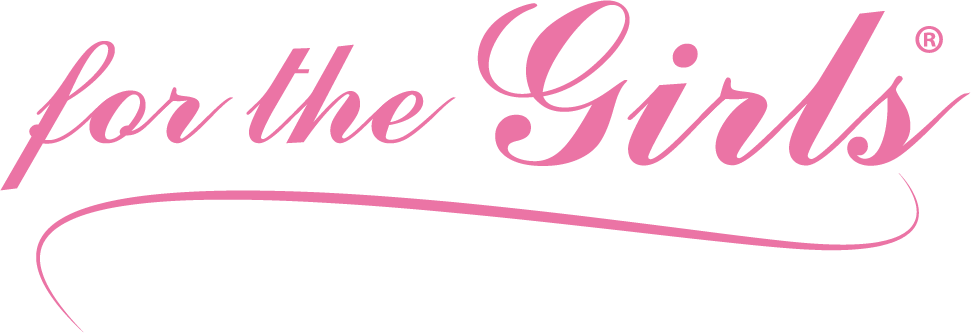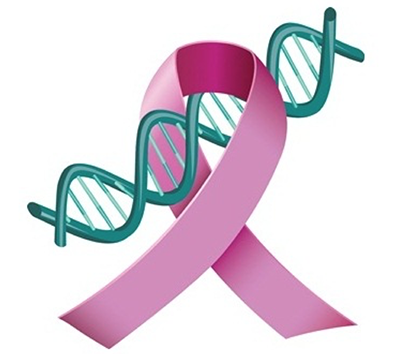Breast and ovarian cancers are the second and fifth leading causes of cancer death, respectively, among women in the United States.
Women diagnosed with breast cancer are at a higher risk for ovarian cancer. This means that in addition to making decisions around treatment type and location, women must consider what do to about their ovaries. Women who wish to have children face one set of questions, while women who are done with children but not yet menopausal face another.
There are two genes, BRCA1 and BRCA2, that are known to dramatically increase a woman’s risk of developing breast cancer and ovarian cancer in her lifetime.
About 5 to 10 percent of breast cancers and 10 to 15 percent of ovarian cancers are hereditary. These hereditary breast and ovarian cancers are caused by a mutation in the BRCA1 or BRCA2 genes. Approximately 30 percent of all breast and ovarian cancer cases are caused by these mutations.
If you have already had breast cancer, you might have a greater chance of also developing ovarian cancer. Some of the same risk factors that can impact ovarian cancer can affect breast cancer. That might include the age you first started your period, and if and when you started menopause. Any pregnancies and fertility treatments could also make a difference.
Some red flags may point to a genetic tendency to develop ovarian cancer, including:
- A diagnosis of breast cancer at age 50 or earlier
- Bilateral breast cancers, either in you or in a close relative
- A close blood relation (mother, daughter, sister, grandmother, granddaughter, niece) diagnosed with ovarian cancer
- Father, brother, uncle or grandfather with male breast cancer
- Triple-negative breast cancer diagnosed at age 60 or younger (a tumor that lacks estrogen, progesterone and the HER2/neu gene)
- Ashkenazi Jewish ancestry
- A previously identified BRCA mutation in the family
The good news is that even with family risk factors like breast cancer, the chance of developing ovarian cancer is still small. Most women with a family or personal history of ovarian or breast cancer will never get the disease.
Make sure to tell your doctor if you or a family member have a history of breast cancer. You can work together to diagnosis any issues as soon as they might come up.
Sources:
https://www.rogelcancercenter.org/cancer-genetics/breast-and-ovarian-risk-program
https://www.sharp.com/health-news/the-link-between-breast-and-ovarian-cancer.cfm
https://www.webmd.com/ovarian-cancer/guide/breast-cancer-link-ovarian-cancer
https://www.houstonmethodist.org/blog/articles/2019/oct/breast-and-ovarian-cancer-is-there-a-connection/

